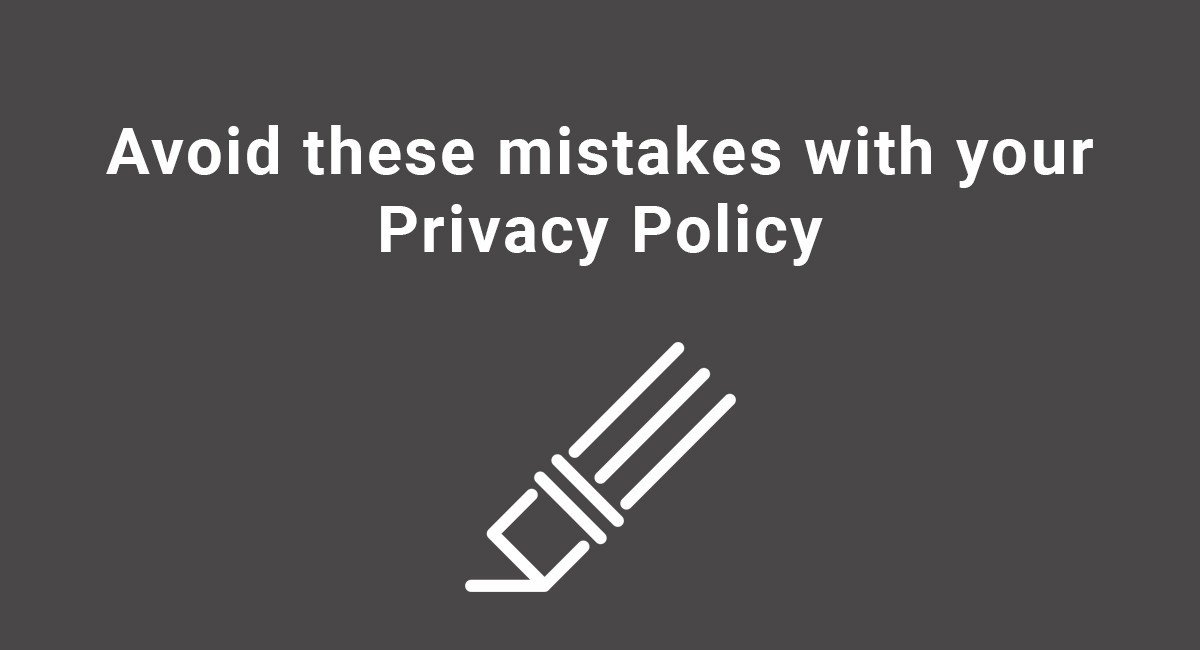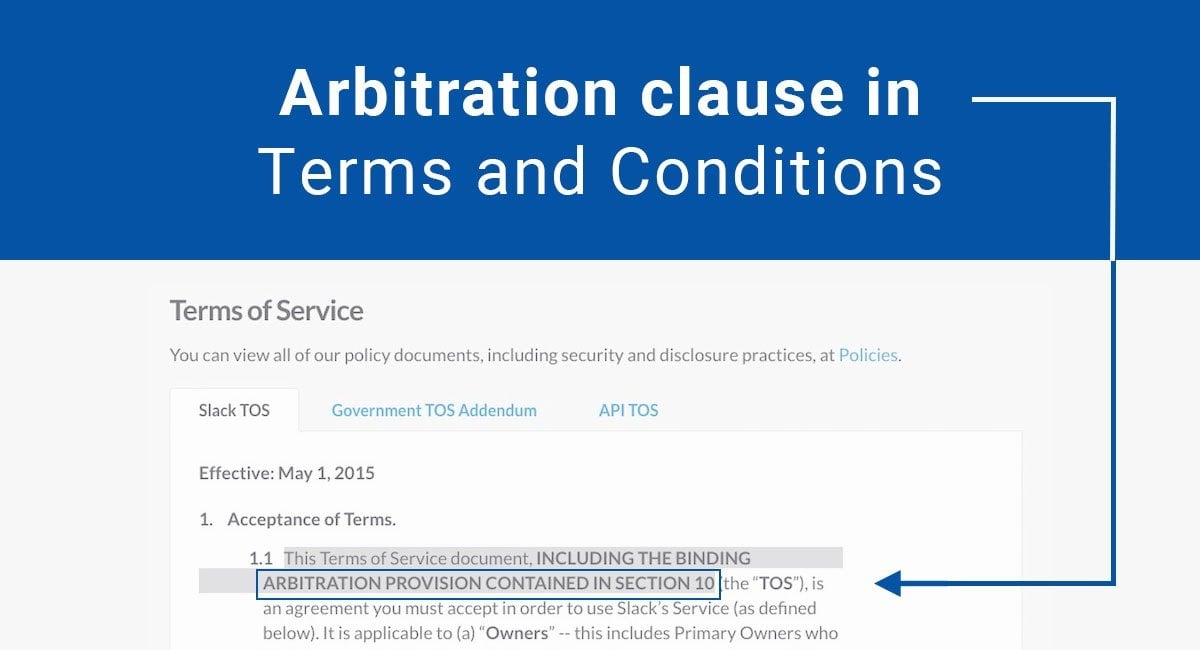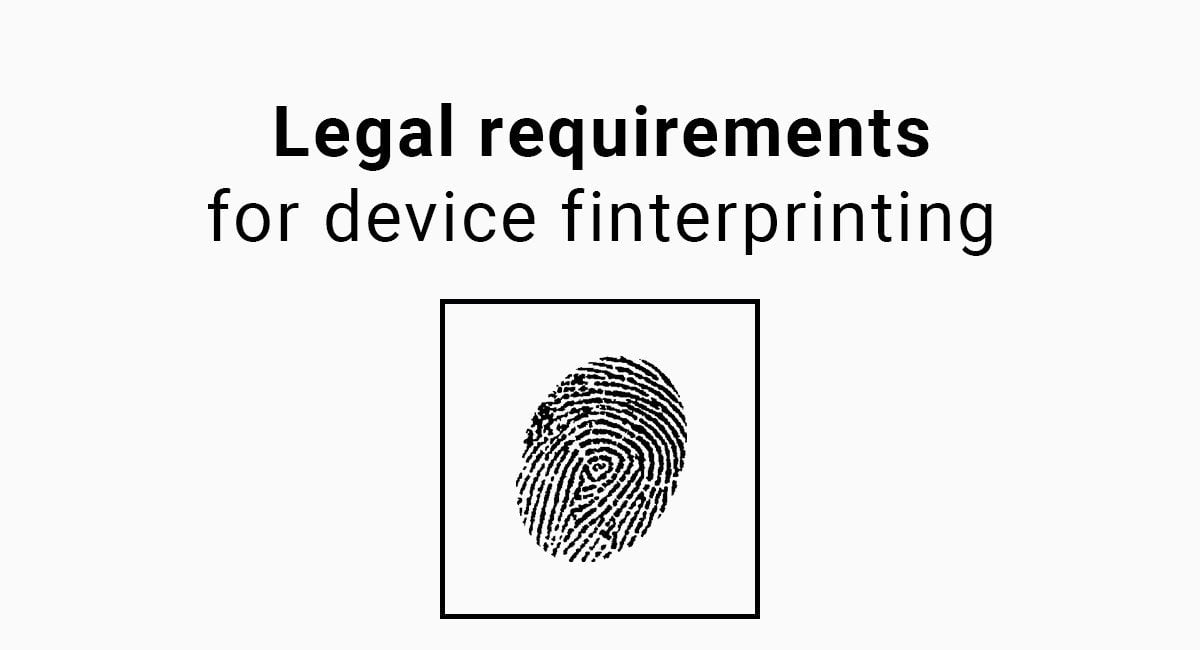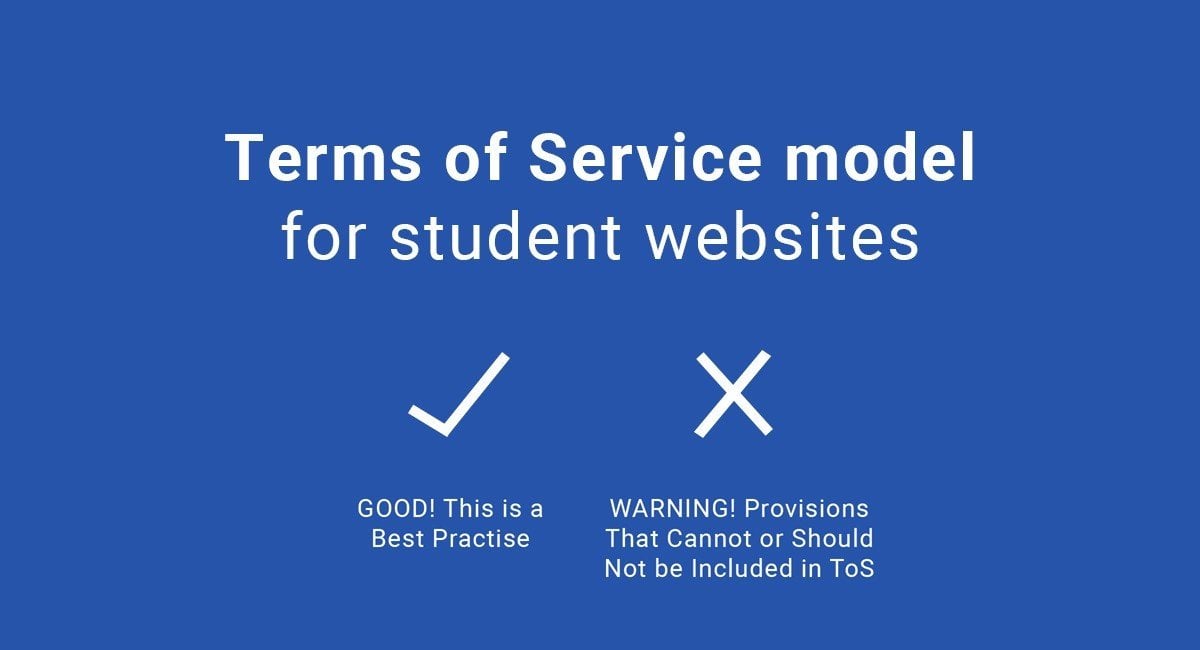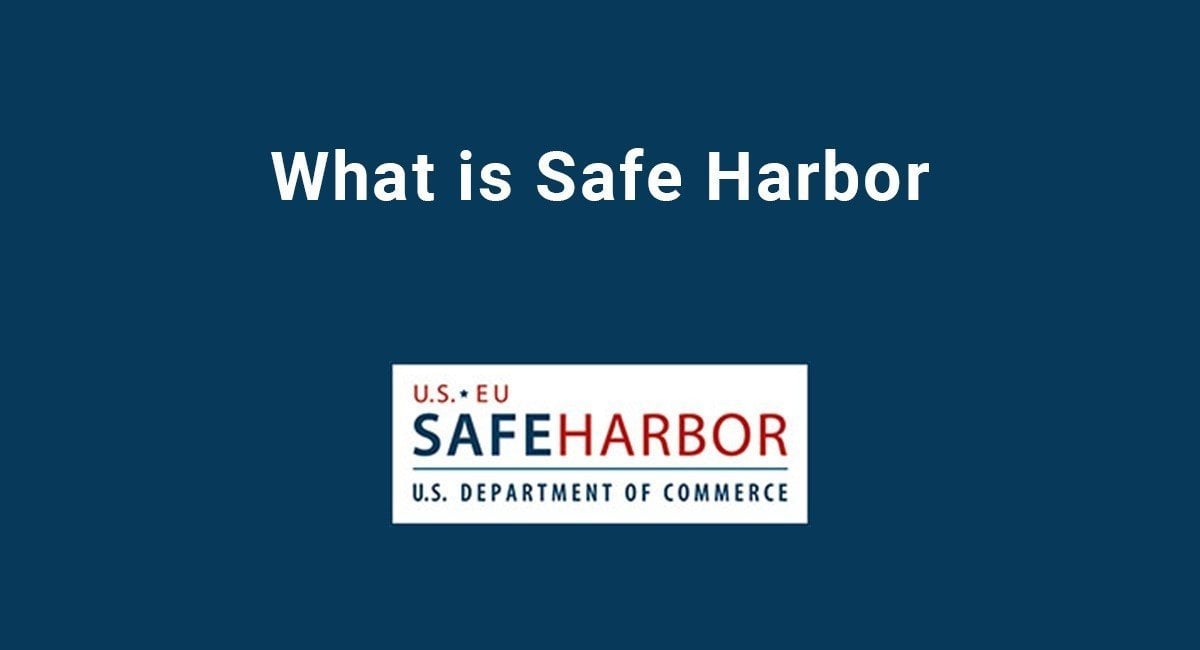
Sara Pegarella - Page 15
Widener University School of Law graduate, Managing Legal Editor at TermsFeed.
Sara graduated from Widener University School of Law in 2010, and has a B.A. in English/writing. After years of technical/legal writing and compliance consulting, she began focusing on editing, and managing teams of writers. She's also a certified Integrative Health Practitioner and health coach. When not finding typos, she's gardening, reading, listening to health and biohacking podcasts, and spending time in nature.
Avoid these mistakes with your Privacy Policy
Practically every website and mobile app collect some form of personal information from those who use or visit websites and mobile apps. The Federal Trade Commission ("FTC") dictates requirements of how personal data must be handled, and how people must be notified of data collection practices in place on a website...
Arbitration Clause in Terms & Conditions
Arbitration clauses are commonly used in general consumer contracts, but also in Terms and Conditions agreements (also known as Terms of Use or Terms of Service) for websites and mobile apps. Simply put, the arbitration clause requires that the two parties to an agreement will go through arbitration rather than either...
When in doubt, disclose it in your agreement
While an activity or action may not be illegal on its own when it comes to your website or mobile app, sometimes not disclosing that activity or action to your users can make the Federal Trade Commission ("FTC") step in. Consider the case of AmeriFreight. The FTC found that AmeriFreight, a company...
Legal Requirements for Device Finterprinting
Cookies have been used extensively since the mid-1990s by operators of websites. These small files that get placed on your computer or mobile device were at one point in time the choice tool used for creating custom and relevant online advertising, and for tracking certain usage habits of visitors...
Terms of Service Model for Student Websites
Student data privacy has been a hot topic in the last year or so and is only expected to gain momentum as educational services, websites, and mobile apps infiltrate classrooms everywhere, with students of all ages from elementary grades to university levels. As new bills, laws and legislation get passed, it's...
What is Safe Harbor
In October of 1998, the European Commission's Directive on Data Protection went into effect and started to prohibit any transfer of personal data about any European citizen to any non-European Union countries that fail to meet the European Union's standard for what is considered to be adequate privacy protection. The approach...
